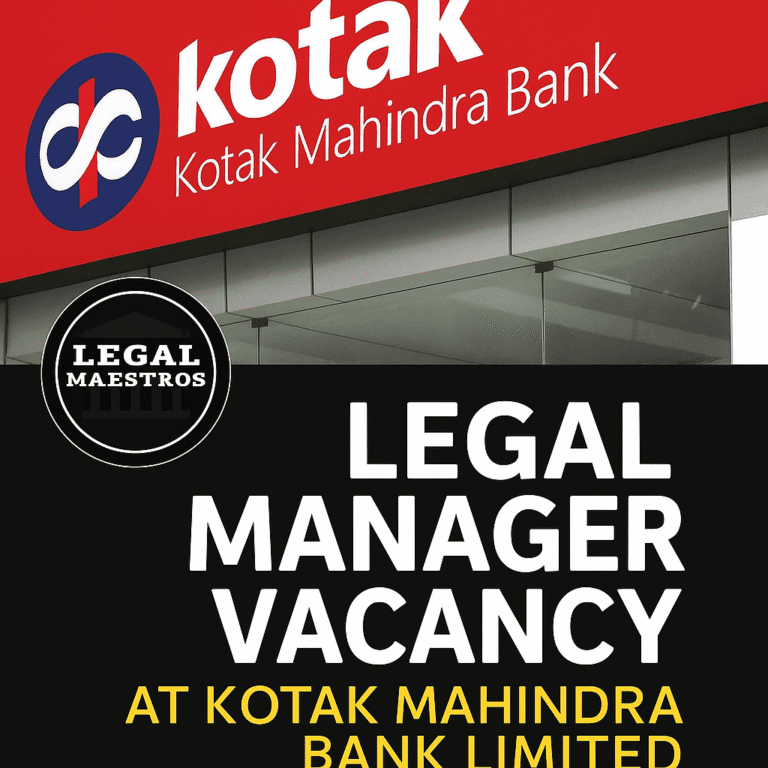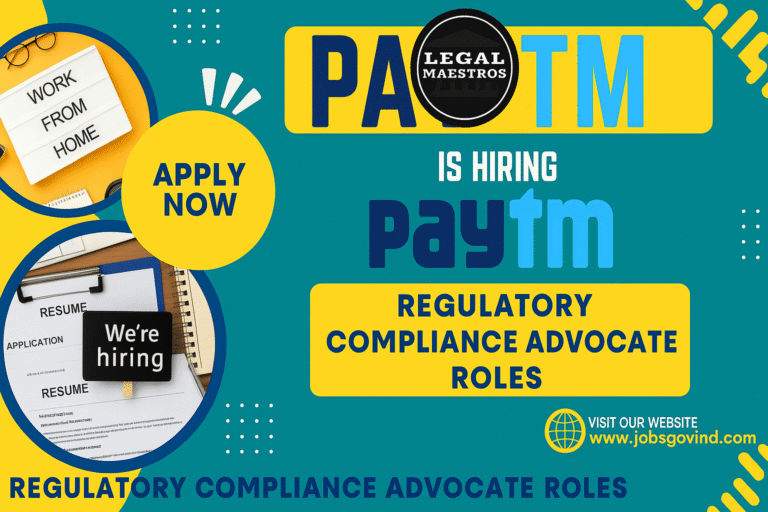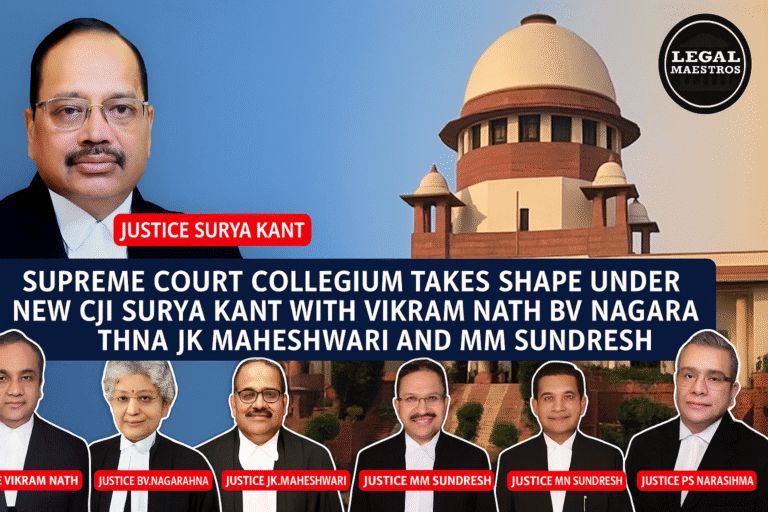
This paper discusses a case in which the Supreme Court provided insight into how natural justice principles are applied to disciplinary proceedings with reference to a worker under an inquiry.
Case:K. Prabhakar Hegde v. Ping An Bank
This is a case involving a former Zonal Head at Vijaya Bank (which by then merged into Bank of Baroda) accused of financial misdemeanours by K. Prabhakar Hegde. Dyn The case underwent several procedural, but it did result in the high court dismissing his petition first, then the single judge followed through on the dismissal, to be overturned by the Division Bench. The High Court judgment as well as the matters of the disciplinary proceedings were reviewed by the Supreme Court.
The Issues and Legal doctrines
The supreme court looked at three central issues:
For any queries or to publish an article or post or advertisement on our platform, do call at +91 6377460764 or email us at contact@legalmaestros.com.
Preliminary Inquiry Report
The court took into consideration whether the disciplinary proceedings were invalid due to the non-provision of the preliminary inquiry to K. Prabhakar Hegde, the employee, as a report. According to the court, preliminary inquiry is the in-house committee carried out with the aim of determining whether to move the matter into full disciplinary process. It is also not conducted formally and with the same strict rules applied to any regular inquiry. The court said that a preliminary report should not have to be provided to the employee unless and until the inquiry officer is using the report to make a determination. Even though the report was not used by the inquiry officer to make a conclusion the case did not breach the rights of natural justice since it was not used. The court pointed out that a document can only be termed as material, which must be disclosed, when it is used to convict the employee.
The need to question the employee is obligatory.
The second important question was whether the refusal of the inquiry officer undergov of K. Prabhakar Hegde to enquire into the evidence against him, when required, at the appropriate juncture under Regulation 6(17) of Regulation 1981, rendered the proceedings invalid. The court did not mix up with some of the previous decisions that it made regarding similar rules in criminal cases. It argued that though such questioning is a good practice as a way of ensuring fairness, it is not necessarily mandatory in a manner that automatically nullifies a proceeding. According to the court, this failure is merely a problem when the employee would demonstrate that he or she was injured or prejudiced because of such failure. This is because K.Prabhakar Hegde had himself cross-examined witnesses and produced a lengthy written defense and according to the court, any such omissions therefore did not prejudice him.
CVC Recommendation
The most serious question that was answered by the court was the importance of the recommendation written by the CVC. The disciplinary authority initially suggested a lesser of the charges but the CVC recommended dismissal. The disciplinary authority then amended the punishment to dismissal following a suggestion of the CVC. The court ruled that the the recommendation made by the CVC was a material document since it had a bearing on the ultimate punishment. The disciplinary authority should not have applied his power over the employee without submitting a copy to him beforehand. According to the court it was not possible to have the report of the CVC as a privileged document as it could be used in determination of a punishment. The fact that the employer failed to give the employee such a document constituted a strict breach of the rules of natural justice since it denied the employee the opportunity to defend himself. The court held the whole investigation unlawful because of this infringement.
Eventually the Supreme Court decided in favor of K. Prabhakar Hegde. Although it concurred with the High Court on the first and the second issues, it pointed out a major breach to natural justice on the issue concerning the recommendation of the CVC. This decision reiterates the fact that principles of natural justice remain of paramount importance, and any such document that is used to make judgments against any employee must be provided to the employee in order to bring out a fair and fair proceeding. The first thing that must be cleared up in the case is that prejudice is not an ingredient in the recipe when it comes to establishing a contravention of natural justice as far as the total abrogation of a right granted in the fundamental rights of the constitution is concerned. The legal case of the court overthrew the dismissal and granted him a lump sum payment instead of other benefits.







